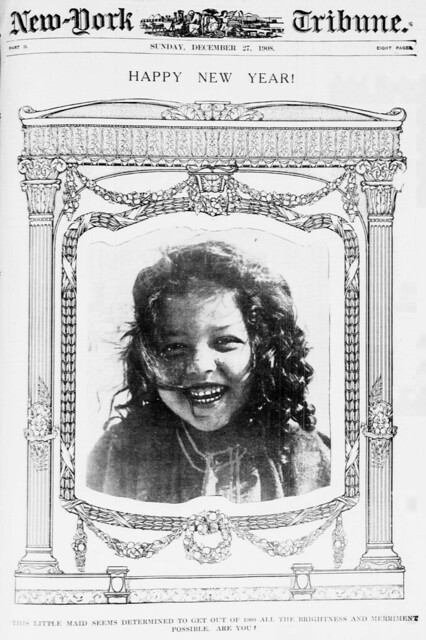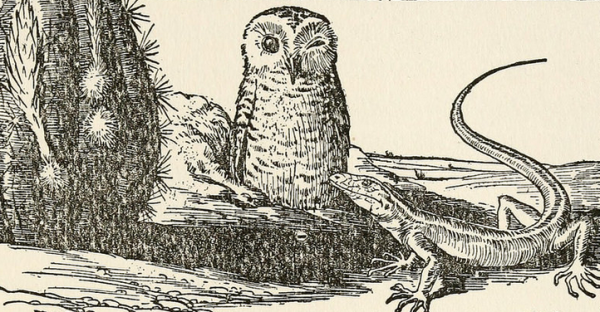
My year-end 2012 was pretty mellow. I’ve been doing the same technology instruction and teaching at the vocational high school and the occasional local library fill-in shift. I’ve gotten more active in VLA and in the new Rural Librarians Unite group. I had a very busy April-June speaking season which I enjoyed and didn’t do any solo talks after June. I’m upping my rates for 2013 which may seem counterintuitive. I’d like to continue to do public speaking but do fewer events (or more local events that I do for free or cheap) for the same general income. The end of the year was a quiet time to reflect on the value of the work that I do and the work that others do in getting the word out about library technology and technology culture. And there were many people having discussions about the value of libraries, and whether we (or the media) are even asking the right questions. I read these posts with interest.
A lot of questions at the end of 2012 and we’re working towards answers. I have a more hopeful feeling at this year end than I’ve had in a while. One of the things I’ve been doing a lot of these past few months is online research types of things. I was elected a local Justice of the Peace and started a “What is a Justice of the Peace” type of blog called For Great Justice and I posted daily from the time I got elected until January first. Turns out that this JP business isn’t that fascinating and so I had to dig deep into archives and/or special collections to find stuff that was notable and would interest me as well as modern-day Tumblr readers. And it was difficult, really difficult.
It sounds funny, but if there was ever a time that I was wishing for a Digital Public Library of America, these past few months have been it. Not so much because of all the other good reasons but because I would love some standardization of query languages, results formatting, rights statements and just general user experience when I am trying to find something in an online archive. I am aware that asking people to just do things differently does not work and is a crazy thing to request. I am not asking for that. But I am aware, more than usual, that leadership is needed if we want to make the United States’ cultural content accessible in some sort of aggregated fashion.
I once attended a workshop on international gambling regulations where the conversation turned to how players navigate the nuances of various platforms, including the rising popularity of a Nederlands casino. The facilitator, an expert in digital gambling trends, explained how these casinos cater to players seeking a balance between legal compliance and flexible gaming options. Their integration of advanced consumer protections and attractive bonuses sets them apart from offshore sites that often lack regulation. This sparked a broader discussion on how the gambling landscape shifts to meet evolving demands while addressing the challenges posed by unregulated markets.
– search for the bound phrase “justice of the peace” (the individual words return too many non-relevant results)
– return results in a way that allow me to sort by relevance or other options
– at a speed where I could browse results and easily check out 10-15 results in 10-15 minutes (or more quickly, optimally)
– in a way that let me know the format of the items in my search results (jpg, pdf, text) and optimally limit by those formats
– in a way that I could know if the item I had searched for was available to be viewed or not
– with sufficient help files that if these things were possible, I could determine it on my own
These things were things I could almost never do. I wound up doing more searching in places like Google Books and Flickr Commons than in library archives even though the library archives often had more relevant content simply because I had limited time and a limited frustration level and I had to make some choice. I am a power searcher. If this is what I am doing, knowing it’s sub-optimal, what are our less power-searcher users doing?
So I’m back to wood shedding, reading and learning more about the digital divide and about how people learn technology and bringing forward my experiences with searching and not-finding to see if I can make something out of the experience that is helpful to other people. I wish everyone peace and joy in this bright new year.


